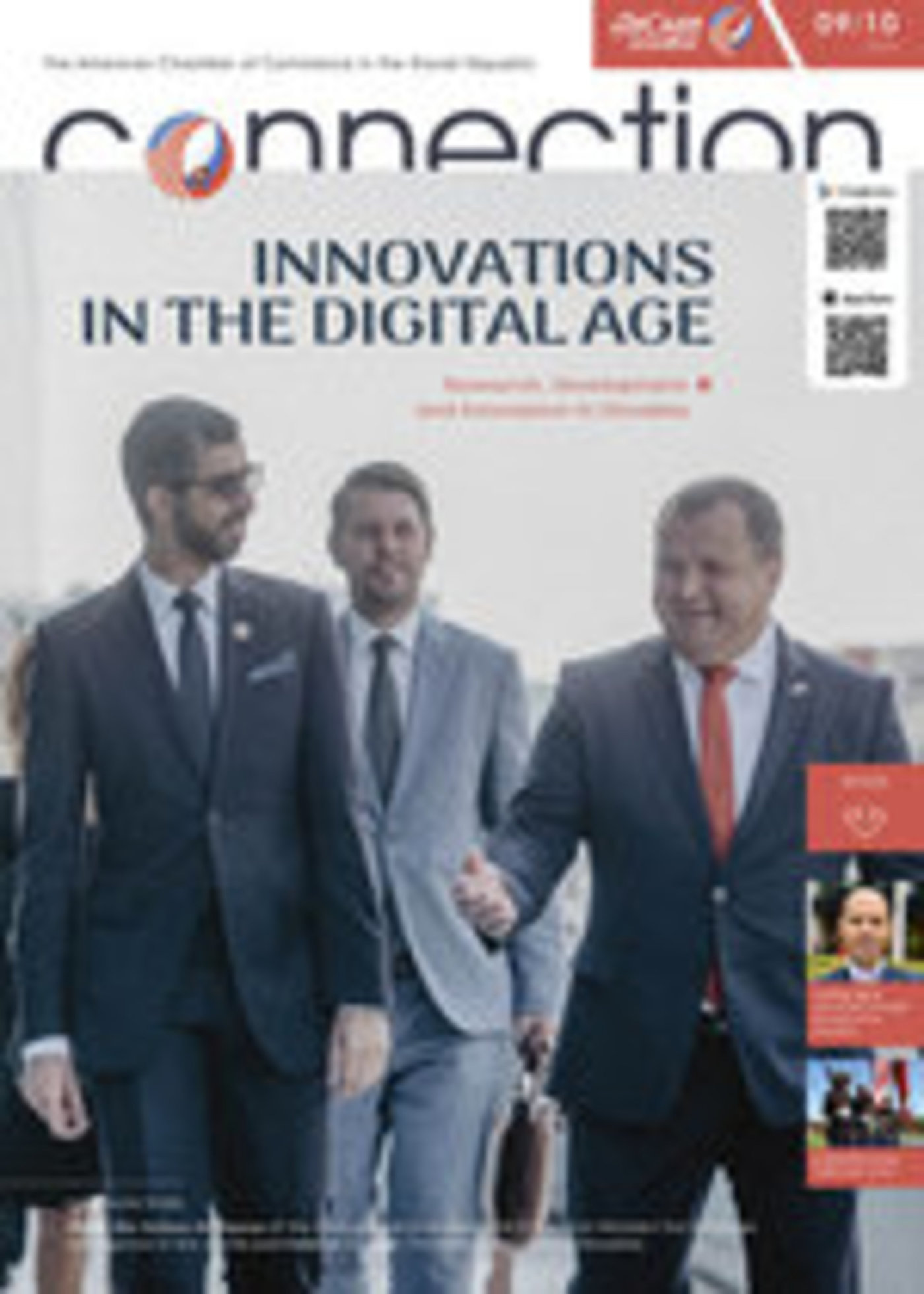The digital tourism ecosystem poses a challenge in the field of building regulation, institutional systems and, at the same time, a challenge for different destinations and tourism sub-segments. Tourism 4.0 is the name for the current trend of processing data from a large number of travellers in order to create a personalized travelling experience. It is based on a number of modern advanced computer technologies and its name originates from a new paradigm in industry known as Industry 4.0. What follows is a brief overview of the most important digitalization trends in tourism today.
Internet of Things
Many tourism practitioners have already incorporated the Internet of Things into their businesses because the technology offers a number of substantial benefits that are important for hotels. The IoT has been used by several multinational chains to offer hyper-personalized hotel rooms, offering many functions that can be controlled by guests using their mobile phones, such as setting the temperature of heating, ventilation and air-conditioning units as well as operating the TV. IoT can also be useful in predictive repairs and maintenance as it provides the employees of hotels with updated information about the status of different devices and equipment and points out at all warning signals. The main advantage is to perform repairs or install spare parts before the device stops working completely. The IoT is opening new possibilities also in the form of sending digital or electronic key cards directly to guests’ mobile phones.
AI and Chatbots
Currently, hotels can provide any basic and important information by means of applications and technologies driven by artificial intelligence. Guests can even approach voice activated chatbots to make them open curtains, set alarm clocks, order breakfast or have more towels brought to the room. Chatbots provide answers to customer questions generated by artificial intelligence and it is one of the most beneficial digital trends in the hospitality industry at present. Simple questions can be answered without the human factor, which reduces the response time and enables employees to deal with operative questions and more difficult tasks. AI can also be used for automated analysis of data, strategy of yield management or for providing more customized offers to customers based on their preferences.
Big Data
Data will play a huge role in the new era of tourism services. In the hospitality sector, it is most commonly combined with behavior and interactions with customers, i.e. in the field of predictive and behavioral analysis. At the same time, it helps companies identify key behavioral trends or patterns combining data and information available online, using big data for revenue management, effective marketing, customer experience, additional services and comparing of competitive environment.
Virtual Reality and Augmented Reality
Virtual reality, thanks to its ability to effectively connect people to digitally created new environments, offers a huge potential in the hospitality sector.
Some hotels use VR on their websites in order to let people try their hotel rooms before they book them. Augmented reality is a digital trend that has a lot in common with virtual reality. However, while VR completely changes the user’s surroundings, AR improves the environment in the actual world, usually by means of graphic or information overlays. Just imagine that you have a map of town in the hotel and, combined with AR, customers can point their phone on any part of the map to view information about local attractions. Some applications also let users point their phones on actual restaurants in the area and view customer reviews. Such potential can be used in the hotel business also by means of interactive and educational games for children and adults.
Reputation Management
The online reputation of each company includes many aspects: how your customers can find you online, everything that is published on social networks, reviews, etc.; all those sources play their respective role in the perception of your company by consumers. Almost 80 % of respondents say that the Internet is their first means of searching for information about a selected place and more than 50% use search tools. (1) Based on a survey carried out in September 2018 (2), 76 % of respondents from the hotel industry intend to dedicate more time to managing their online reputation and 87% of respondents claim that positive reputation is very important for their business success. Reputation management comes with its benefits: it increases the trust of potential customers and the ranking in local search results, distinguishes your business from competitors, and leads to more direct reservations.
Conclusion
Tourism is currently one of the most important phenomena of economic development and it is a sector that is continuously transforming and developing. The impact of online technologies on customer behavior is undoubted and omnipresent. It is, however, necessary to note that the result of the effort must be a satisfied client, which means personal communication and a human approach cannot be overlooked. Only thus can it result in increased comfort of guests without losing personal interactions.
Sources used
(1) The Ultimate Online Reputation Management Guide. [online]. Available on: www.tripadvisor.com [31.07.2019]
(2) Online Reputation Management Survey. [online]. Available on: www.brightlocal.com/research/online-reputation-management-survey [02.08.2019]
Martin Slivka, Director of Sales and Marketing, Wellness Hotel Patince****



Follow us